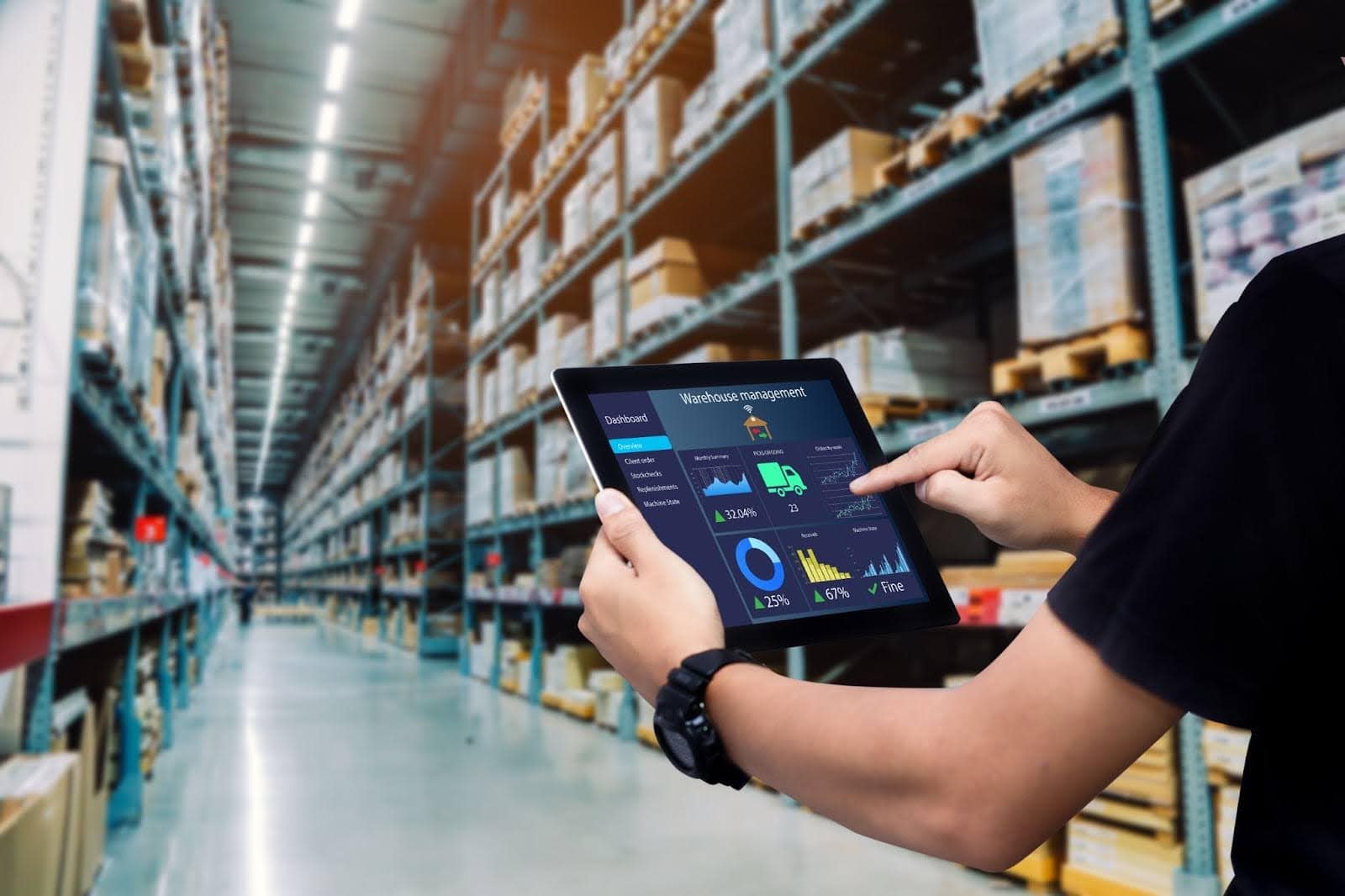In today’s rapidly evolving global marketplace, logistics has emerged as a cornerstone of operational success. But what exactly does logistics entail? At its core, logistics encompasses the intricate processes that govern the movement, storage, and flow of goods from point A to point B, ensuring that products arrive at their destination on time and in optimal condition.
It’s a symphony of activities—including transportation, warehousing, inventory management, and information flow—that dance together to form a cohesive system. As businesses expand and consumer expectations soar, the importance of effective logistics cannot be overstated. Efficient logistics not only enhances customer satisfaction but also drives profitability, making it an essential component in the quest for competitive advantage.
In this article, we will delve into the definition, key processes, and the critical significance of logistics in the modern economy, highlighting how it shapes industries and influences the daily lives of consumers around the globe.
Introduction to Logistics
Logistics is the intricate dance of planning, executing, and managing the movement and storage of goods, services, and information across various channels. Picture a vast network where raw materials transform into finished products, navigating through factories, warehouses, and transportation systems—all while ensuring that everything arrives on time and in perfect condition.
The significance of logistics cannot be overstated; it fuels commerce, drives efficiency, and ultimately shapes the customer experience. As we delve deeper into this multifaceted field, we’ll explore the fundamental processes, the key players involved, and the profound impact logistics has on our everyday lives and the global economy.
Whether it’s a small business or a multinational corporation, understanding logistics is essential for optimizing operations and fostering growth in an increasingly competitive landscape.
Key Components of Logistics
Logistics is a multifaceted discipline encompassing several key components that work in harmony to ensure the efficient flow of goods, information, and services. At its core lies transportation, the vital artery through which products travel from supplier to consumer, utilizing various modes such as road, rail, air, and sea.
Warehousing plays a pivotal role as well, providing storage solutions that balance supply and demand while supporting inventory management needs. Then, there’s inventory control, a meticulous process that not only tracks stock levels but also forecasts future requirements, minimizing excess and shortages alike.
Equally important are the roles of order fulfillment and distribution, where accuracy and speed in processing customer requests directly impact satisfaction. Finally, the integration of technology, through systems like ERP and TMS, streamlines and optimizes these processes, promoting transparency and responsiveness in the supply chain. Each of these components interlinks, creating a dynamic web that forms the backbone of effective logistics management.
The Logistics Process
The logistics process is a multifaceted web of operations that plays a pivotal role in the flow of goods from origin to destination. It begins with meticulous planning, where organizations forecast demand and strategize the most efficient transportation routes.
From there, inventory management comes into play, ensuring that products are stocked appropriately to meet customer needs without overburdening storage facilities. Then, the intricate dance of warehousing takes center stage, as goods are stored, retrieved, and packaged for onward distribution. As orders are processed, seamless coordination with carriers becomes essential, balancing speed and cost-effectiveness while navigating challenges like traffic, weather, and regulations.
Finally, the process culminates in delivery, where the customer experience is forged—not merely through the timely arrival of products, but also through effective communication and support. This dynamic interplay of activities underscores the complexity and critical importance of logistics in todays interconnected marketplace.
Conclusion
In conclusion, understanding logistics is essential for businesses striving for efficiency and competitiveness in today’s complex global economy. By grasping its definition, processes, and fundamental importance, organizations can streamline their operations, optimize supply chains, and enhance customer satisfaction.
As seen in the practices of billionaires who have built successful empires, effective logistics play a critical role in their growth strategies. Embracing innovative logistical solutions not only facilitates smoother operations but also enables companies to adapt swiftly to market demands, ultimately paving the way for sustained success and profitability in an ever-evolving landscape.






